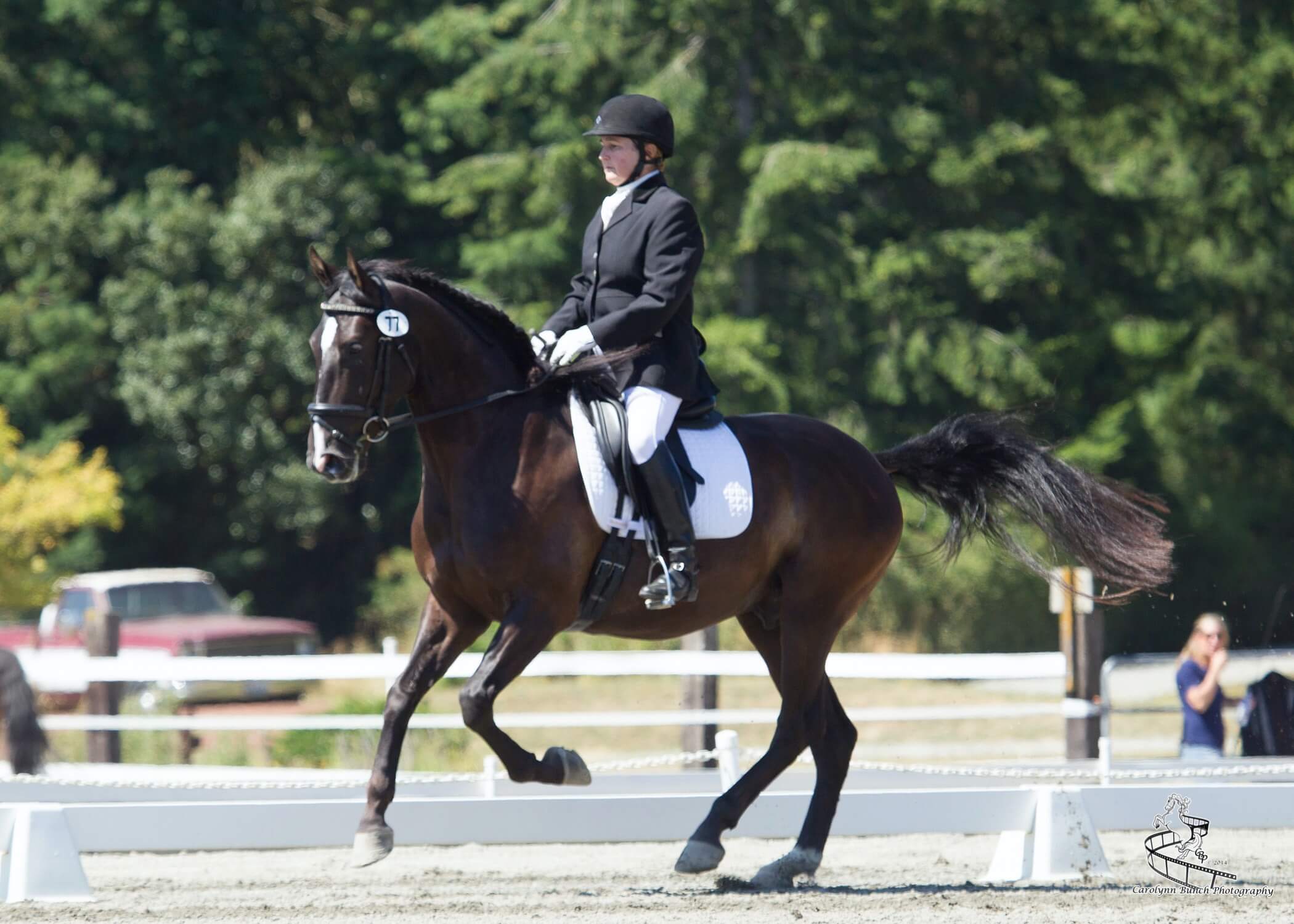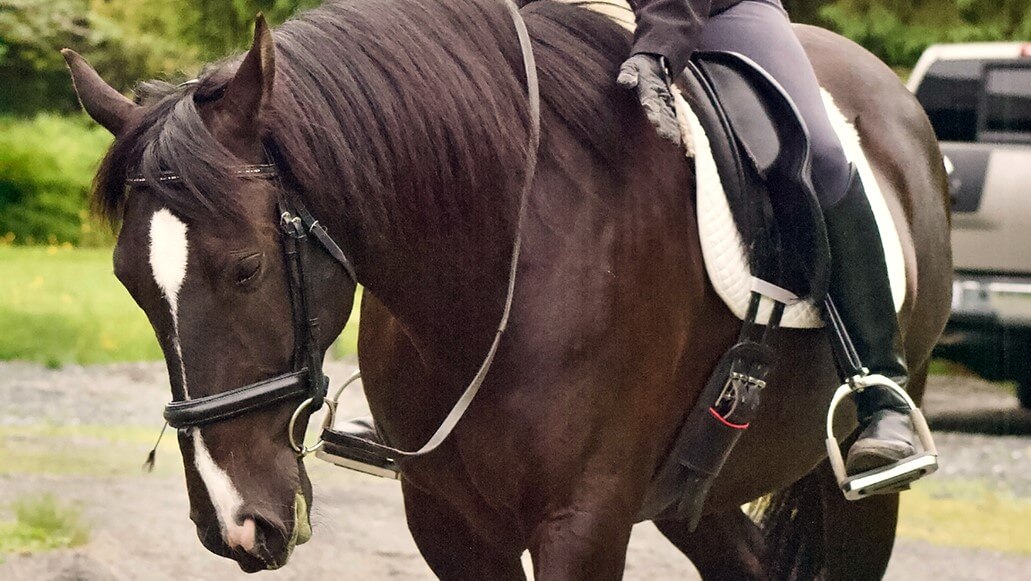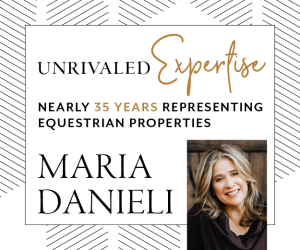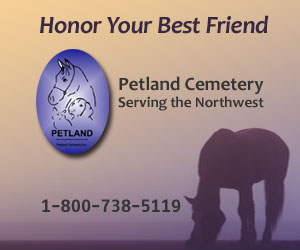We shall take great care not to annoy the horse and spoil his friendly charm, for it is like the scent of a blossom—once lost, it will never return. – Antoine de Pluvinel
Horses and people aren’t much different. Our basic needs for living a good life are essentially the same. We both want our loved ones close, we want to feel safe and feel seen, and we want to feel good physically — which includes not being hungry, tired, or in pain. We prefer play over work.
Good horse training involves listening to the horse and paying attention to what he’s feeling. It also involves paying attention to what you, the trainer, are feeling.
One of the best things about horses is that the learning never ends. To be good at this endeavor is a lifelong pursuit. Opening our minds to new ideas about how to be with horses reaps many rewards in our lives. Sometimes the most difficult horses— the ones who aren’t improving, the ones who are labeled dangerous, crazy, dumb, impossible, and so on—those are the horses who compel us forward in our learning and provoke us to try something new.
The list below is obviously not a complete list on horse training, but these are the concepts I find the most important in my own journey.
Listen. We all need someone to listen to us. Pay attention to your horse’s emotions. Learn to read his feelings through non-verbal signs. This is how horses communicate, and it can be very subtle. Be quiet, slow down, and watch your horse. A swish of a tail, a cocked foot, a wrinkled nose, relaxed lips, eye blinks, squinting, ear movements—all these and more are your horse talking to you. The more you become aware of subtle “horse speak”, the better you’ll do with them. Then, let your horse know you hear him by responding appropriately.
Does your horse grimace (or worse yet pin his ears) when you’re blanketing him, saddling him, or asking for a canter depart? Does he hang his head like he’s been ridden all day without a break? Does he brace when you mount? Grind or grit his teeth? Pay attention and figure out why.
Get connected. Enter a field of yearlings and you’ll almost certainly be swarmed. Young horses have a natural curiosity. Has that been lost in your riding horse? When loose, does he choose to be with you in the field, stall, or arena? Does he leave his herd mates and come to you? Spend time with your horse and use training methods like liberty work, massage, and positive reinforcement techniques to develop trust and connection. Play with your horse.
Keep it calm. We walk a fine line when training. Nearly everything we do with horses can create anxiety; saddling, riding, hauling, etc., can overwhelm our horses. Do not confuse learned helplessness with success in training. Keep the anxiety low or the horse will shut down. If your horse becomes anxious, break the training down into smaller pieces.
The slower you go the faster you get there. Mistakes made by skipping steps or hurrying through training will force you (or someone) to go back and retrain a problem that never had to happen in the first place.
Horses are allowed to say no. It’s sometimes thought that humans have to “win” every issue with a horse and that horses must do what we ask, or they’ll be spoiled. The tension and anxiety produced by forcing a horse to do something (load in a trailer, tie up, be saddled, jump a ditch, cross water, go over a bridge etc.) can cause a major setback in training. When a horse says no it’s an opportunity to teach him what you want.
Bring your best self to the horse. Horses are a mirror into our emotions. When we’re angry, frightened, sick, depressed, or frustrated our horse knows it, but he doesn’t know why. If you’re feeling afraid of losing your job, your horse can then develop fear of a dark corner in the arena. Make an effort to get your emotions under control before you spend time with your horse.
Let your horse’s personality shine. We are who we are—horses too! Don’t take your high energy horse and make him dull. If you don’t get along with a particular horse’s personality, pass him on to someone who will appreciate him.
Horses aren’t bad. They don’t scheme about ruining your day. Their brains don’t have the capacity for planning that we humans have. Horses aren’t out to get you. If things aren’t going well in the training it’s our responsibility to make learning easier, more fun, and less stressful.
The best training makes your horse feel better. Training that results in your horse feeling physically or mentally better is training that sticks. They’ll remember it and offer it to you over and over again, in their infinitely generous way.
See this article in the May 2021 online edition:

Kim Roe grew up riding on the family ranch and competed in Western rail classes, trail horse, reining, working cow, and hunter/jumper. She trained her first horse for money at 12 years old, starting a pony for a neighbor.
Kim has been a professional dressage instructor in Washington state for over 30 years, training hundreds of horses and students through the levels. In recent years Kim has become involved in Working Equitation and is a small ‘r’ Working Equitation judge with WE United.
Kim is the editor of the Northwest Horse Source Magazine, and also a writer, photographer, and poet. She owns and manages Blue Gate Farm in Deming, Washington where she continues to be passionate about helping horses and riders in many disciplines.






